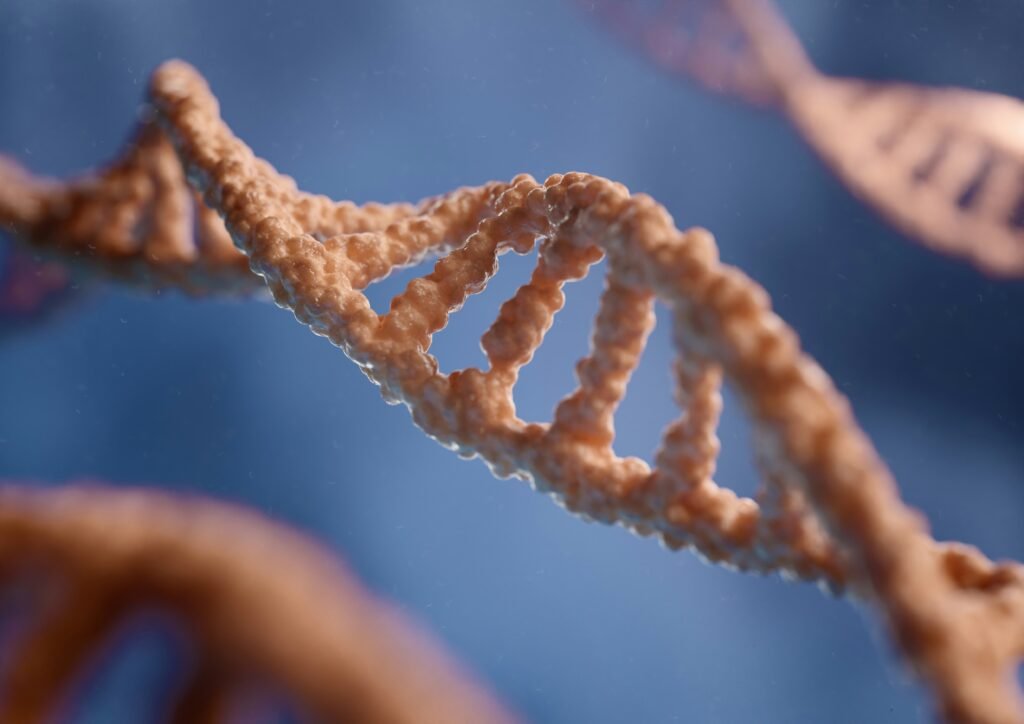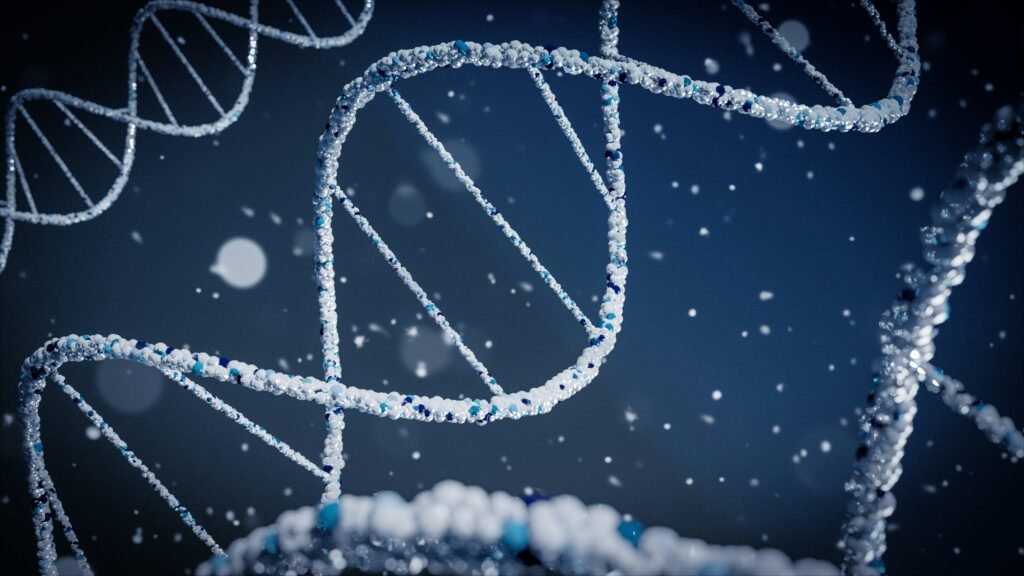A new study reveals that the Gstt1 Gene is key for the growth of metastatic cancer cells. Scientists discovered that turning off Gstt1 in these cells stops them from spreading.
This gene allows cancer cells to change their surroundings, helping them grow in different parts of the body. These findings could lead to new treatments for metastatic cancer, especially for aggressive types like pancreatic cancer.

Essential Points:
1. The Gstt1 gene is crucial for the growth of metastatic cancer cells.
2. Turning off Gstt1 stops these cells from spreading in both mice and humans.
3. Gstt1 changes the surrounding environment, helping cancer cells stick and grow.
A recent research study by scientists at the Mass General Cancer Center has discovered a gene that helps cancer cells grow faster. This gene allows cancer cells that spread to new parts of the body to change their surroundings.
This helps them grow in these new places. The findings of the study were published in the journal Nature Cell Biology.
Dr. Raul Mostoslavsky, who led the study, mentioned, “Our findings suggest new ways we might treat metastatic cancer specifically.” Dr. Mostoslavsky is the scientific director at the Krantz Family Center for Cancer Research at the Mass General Cancer Center.
Discovery of Gstt1 Gene’s Role in Metastatic Cancer Growth
Researchers led by Mostoslavsky and his team initially compared how genes behave differently in tumors that stay in one place versus those that spread to other parts of the body in mice with pancreatic or breast cancer.
They found several genes that are more active in tumors that spread. To understand their role, they silenced each gene one by one.

One gene, Gstt1, didn’t affect the growth of tumors that stayed in one place in mice. However, it stopped metastatic cancer cells from growing and spreading. The same effect was seen in human pancreatic cancer cells that had spread.
Gstt1 creates an enzyme that belongs to a group of proteins that protect cells from harmful substances and do other jobs in the cell. Detailed studies showed that the Gstt1 enzyme causes metastatic cancer cells to change and release a protein called Fibronectin.
This protein is crucial because it helps cells stick to the extracellular matrix—a network of proteins and molecules that supports cells and tissues in the body.
Understanding Gstt1’s Impact on Metastatic Cancer Growth
Dr. Mostoslavsky explained, “Gstt1 changes the environment around metastatic cells, helping them thrive in new places.”
He added, “Our findings might open doors to new ways to treat metastatic cancer. This could make a big difference for pancreatic cancer patients, as many are diagnosed with metastases from the start.”
This research was supported by the National Institutes of Health, the American Cancer Society, the Maryland Department of Health, and the National Cancer Institute.